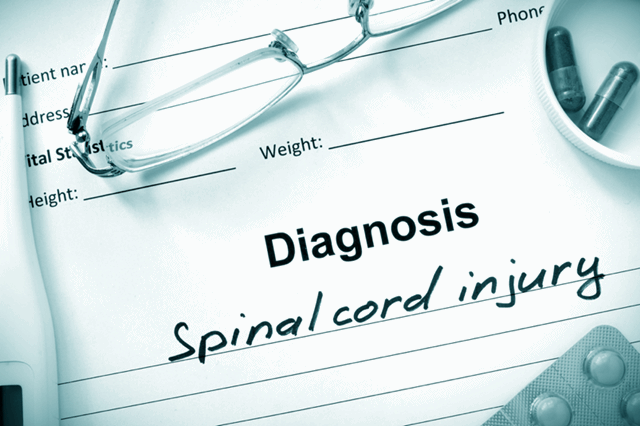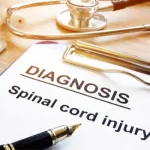
How do you know what your life would be after a spinal cord injury? The answer is you don’t. Even the most skilled doctors can’t answer this question because life after a spinal cord injury is unpredictable and difficult. Not only will you suffer physically because of your injury, but you’re going to face a lot of mental and emotional challenges as well.
In this article, we are going to talk about how to cope mentally if you’ve had spinal cord injury.
1. Overcome the five stages of grief.
The first thing to do after you’ve had a spinal cord injury is to overcome the following stages of grief:
- It’s normal for people who have a spinal cord injury to be in disbelief or complete denial of their current state, at first. This happens because people with traumatic injuries are often confused causing them to shut themselves off from other people. People who are still in denial may also refuse to accept facts regarding `their injury.
- Anger may come together with denial, but usually, it comes to an individual after they fully realize what happened to them. People in this stage start to blame themselves or others. For instance, if your spinal cord injury was caused by a DUI accident that’s not your fault, you may feel deep hatred for the person who caused the accident.
- People with a spinal cord injury may have come to a stage where they can’t help but bargain so that they can go back to their normal life. This is the stage where a patient will often say something like, “I will do anything just to get my life back again.”
- This stage occurs when a patient’s anger has turned inwards, and the bargaining has failed. A person with spinal cord injury often asks themselves questions like, “is still there a purpose for me to live” or will say something like, “there is no hope for me.” It is at this stage that a person with spinal cord injury should depend on the love and support of his/her loved ones to overcome it.
- This is the final stage that a person with spinal cord injury will ultimately end up. Acceptance though can come in different ways and it will depend on the person. There is no exact timetable for acceptance, but an individual with spinal cord injury should come to it over time.
It’s impossible to cope with a spinal cord injury without overcoming the five stages of grief. It is after overcoming the grief that you’ll know that there is still hope for you and that you are still capable of starting your life again.
2. Understand that your physical capabilities will change.
You have to understand that your physical capabilities will change and will be limited because of your spinal cord injury. The limitations on your physical capabilities might be hard to deal with at first, but you’ll eventually get used to them over time.

3. Be optimistic.
Always keep positive thoughts. The more optimistic you can be the more motivated you can be. By being optimistic all the time, despite your spinal cord injury, you’ll be able to get through all things easier.
4. Get psychological support.
You should understand that you can’t face a spinal cord injury on your own especially with the mental health issues that come with it. It’s essential to get psychological support when you have a traumatic injury like a spinal cord injury. You may also consider seeking therapy or enroll in a support group to alleviate the mental health issues of your spinal cord injury.
Tips For Living Well After You’ve Had a Spinal Cord Injury
Living after having a spinal cord injury is difficult, but you should be able to get used to it over time. Here are some tips on how to live well even if you have a spinal cord injury:
- Always talk to your friends or loved ones and share your fears and concerns. It’s essential for someone with spinal cord injury to get their worries off their chest, so they know that they are not alone.
- Keep in touch with your peers or other people who have the same experiences like yours and share ideas on how you live your life despite the injury.
- Even though your physical capabilities can be limited because of your spinal cord injury, it doesn’t mean that you can’t have an active lifestyle. In fact, it is advised that you maintain an active and healthy lifestyle and remain involved in activities that interest you.
- Remember to give yourself time to relax.
Life after having a spinal cord injury is never easy. Not to mention that you need appropriate mental health care for you to deal with the injury. But the most important things that a person with spinal cord injury needs are love and support from their friends and loved ones.
About The Author:
 Pauline Griggs is an experienced law and automotive writer currently writing on another large project. Her know-how on the law for more than 10 years has allowed her to insert nuggets of useful wisdom for her readers. Pauline is not just a lawyer, she is also an artist. She loves painting nature when she has free time.
Pauline Griggs is an experienced law and automotive writer currently writing on another large project. Her know-how on the law for more than 10 years has allowed her to insert nuggets of useful wisdom for her readers. Pauline is not just a lawyer, she is also an artist. She loves painting nature when she has free time.




